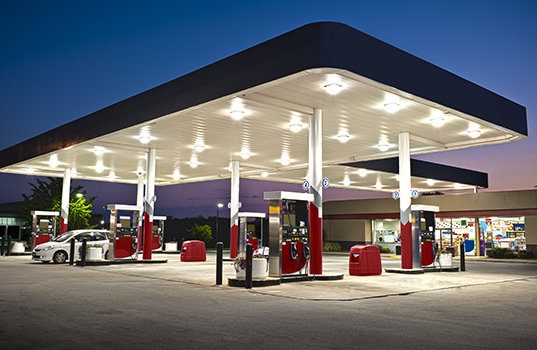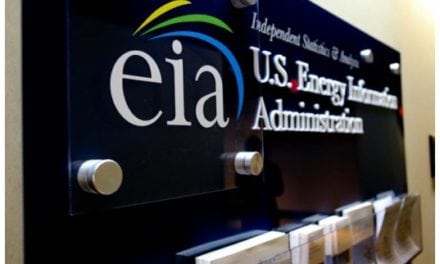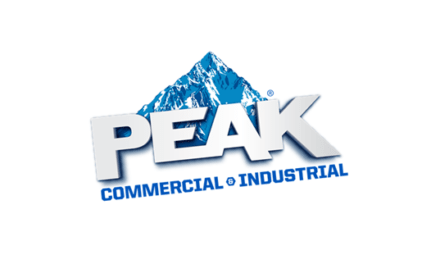Convenience retailers say that in-store sales are steady but fuel sales continue to lag, according to the results according to a new NACS survey of U.S. convenience store owners.
Most retailers responding to the survey (58%) say that in-store sales through the first nine months of 2020 are higher than the same time period a year ago. And, even more promising, 64% say in-store sales were up in September compared to last year. However, fuel sales continue to lag as COVID-19 continues to affect traditional commuting patterns.
Nearly three in four (74%) retailers say fuel sales were down over the third quarter (July through September), which roughly coincided with summer-drive season. And convenience retailers, which sell 80% of the fuel purchased in the country, are not optimistic about fuel sales quickly recovering: 61% expect fuel sales to be down the rest of the year and one in five (20%) expect fuel sales to “significantly decrease.”
COVID’s Effect on Operations
COVID-19 is continues to affect store operations as more convenience retailers embrace new ways to offer convenience during the pandemic:
- 21% have added curbside pickup
- 21% have added contactless payment
- 14% are focusing more on drive thru
- 14% have added delivery
Meanwhile, nearly half of all retailers (46%) say they have reduced store operating hours, whether to provide deep cleaning or manage labor hours.
The coin shortage also affected store operations. Traditionally, about 40% of in-store sales are by cash but most retailers (59%) say payments by cash have fallen since March. Still, 43% say that the coin shortage affected their operations, with 7% saying it significantly affected operations to the point they had or still have periods where they did not allow customers to pay in cash or receive change in coins.
Community Spirit Remains Strong
Convenience retailers contribute more than $1 billion a year to charitable or community groups and continue to support a variety of causes. In addition to corporate donations:
- 41% donate supplies to first responders
- 17% help with anti-human trafficking enforcement
- 14% have an employee volunteer program
- 10% participate in a school lunch-assist program
- 7% match employee contributions to charity
Rainbo Oil (Kwik Stop) supports its community with several programs: a fuel-cents-per-gallon donation program for local schools and veterans, a program that provides local grants to small business, and its Magical Kwik Stop Christmas program that provides gifts for the underprivileged, according to Lori Thielen, vice president of finance for the Dubuque, Iowa-based company.
Future Focus
Looking ahead, retailers are focused on several issues, like keeping employees and customers safe by diligently cleaning, staffing stores and developing new programs to offset the decrease in fuel sales.
“As 2020 comes to a close, we have so many initiative and changes currently in the works to better prepare us for a solid 2021,” said Dennis McCartney, director of operations at Landhope Farms (Kennett Square, Pennsylvania). “COVID-19 has certainly put a damper on inside sales this year, but it has also given us the opportunity to take a step back and realize where we need to concentrate our efforts in new product/program lines, as well as merchandising and promotional activity to drive traffic,” he said, adding that the heightened cleaning processes will remain in place and become even more visible to customers as they enter and exit stores. “Our customers have been very vocal—thanking us for being so diligent and deliberate in our cleaning processes and it shows,” he said.
The NACS Retailer Member Pulse Survey was conducted in early October by NACS Research. A total of 72 member companies, representing a cumulative 1,672 stores, participated in the survey. NACS Research conducts quarterly custom research with retailer members to identify key priorities and opportunities across the convenience and fuel retail landscape. For more information on NACS Research, click here.









